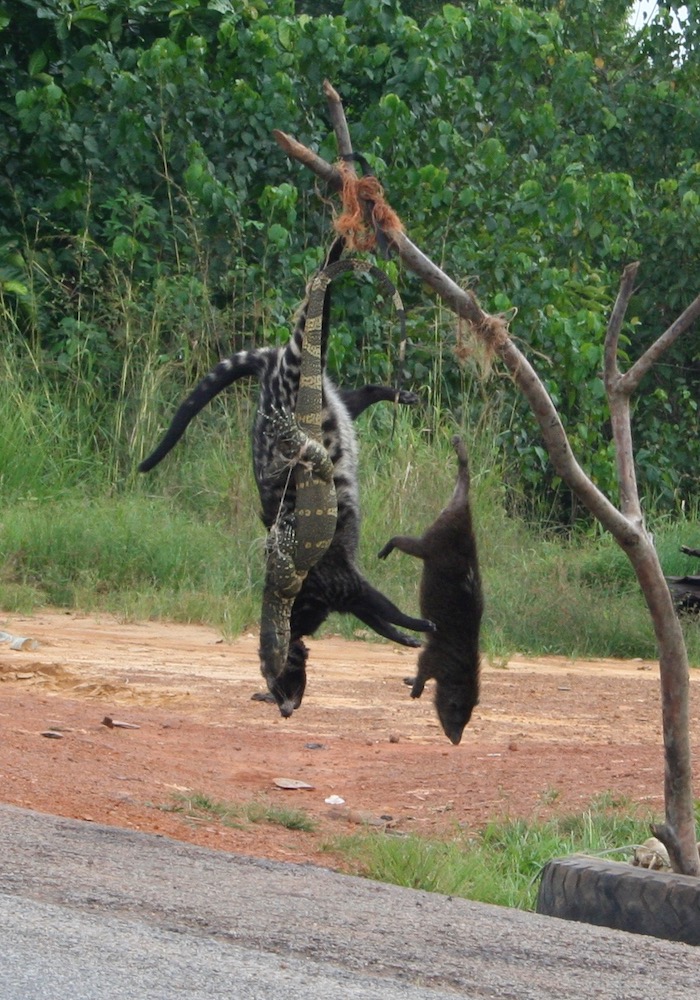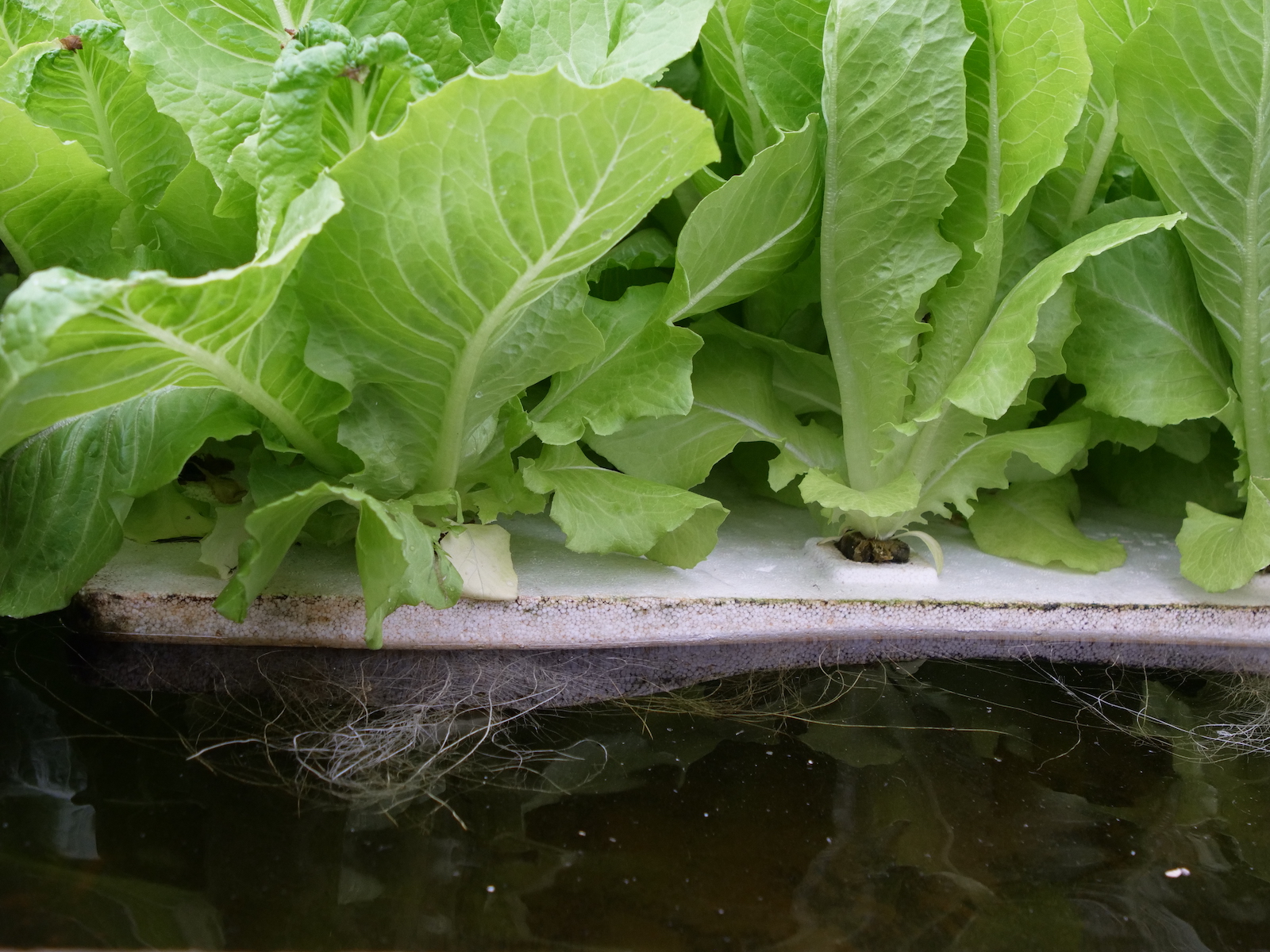Collateral Damage: The Unexpected Effects of COVID-19 on Endangered Species

COVID-19 and Poaching
A silverback gorilla named Rafiki was killed last month by poachers in Uganda’s Bwindi Impenetrable National Park, making him the first mountain gorilla to be killed in nine years. The sudden change in poaching norms is said to be a direct result of COVID-19 travel bans: the nation’s tourism industry typically brings in one billion dollars per year. Without it, poaching rates in Uganda have reportedly doubled, as jobless citizens have been moved to hunt for sustenance.
Since the onset of the current global pandemic, animals like mountain gorillas are once again being caught in snares for bushmeat. This is the first time the general trend of reduced bushmeat hunting has risen dramatically in the past forty years. With only about one thousand mountain gorillas left on the planet – half of them residing in Uganda – it is a perilous set of circumstances for the future of the species.
When a community’s income rests on one single pillar (ecotourism in this case), there is no real stability. The solution here is not a return to the previous levels of tourism: even as a short term solution, such a response would fail. If parks were to push for more tourism at this time due to their reliance on the income, mountain gorillas could potentially contract the virus and the small existing population could die out. Gorillas share 98% of our genetic makeup and may be susceptible to Coronavirus. In the mountain gorilla’s small, localized population, an outbreak could be the last nail in the coffin for those gorillas that remain. Reopening parks for tourism is a short-term solution for the economy that may have long-term consequences.

Sustenance
Uganda is sorely lacking in sustainable agriculture systems. The communities that are poaching to survive would not be pushed to do so if they had the means to provide for their families with sustainable resources. Poaching is a dangerous business, and people would welcome more stable alternatives over time. If their agriculture and farming system changed, the communities and the mountain gorillas could once again coexist. Agriculture could then be a much needed second leg in their economy, and one that would better sustain them in difficult times like the present.

So, how can we help? We believe we don’t need to choose between sacrificing the wellbeing of human beings and the future of the planet’s wildlife. ECOLIFE’s work builds more stable, resilient systems by giving communities long-term solutions that provide for the people while relieving the environment from resource consumption. We focus on community needs so that they don’t have to resort to damaging the environment in times of hardship.
The Solution
The goal of our sustainable agriculture program has always been to bring better farming solutions to communities with food insecurity, especially in places where traditional agriculture is inefficient. If the people who are poaching right now had a sustainable community farm, they would have a backup source of food to help them through these times. Our sustainable agriculture program allows for a friendly farming system that produces food quickly and organically.

Our presence in Uganda is limited at present, but we’re doing all that we can here in California to get our agriculture program ready to take overseas. Though the international aquaponics program is still in development, it is on our horizons and has become an even higher priority to us in light of current events.
A problem like this one cannot be ignored. In order to save nature, we need to be able to take care of communities, and one of the most crucial and direct ways to do this is by addressing the communities’ food systems. Co-existence is everything. If we support nature, nature will be able to continue to support us.